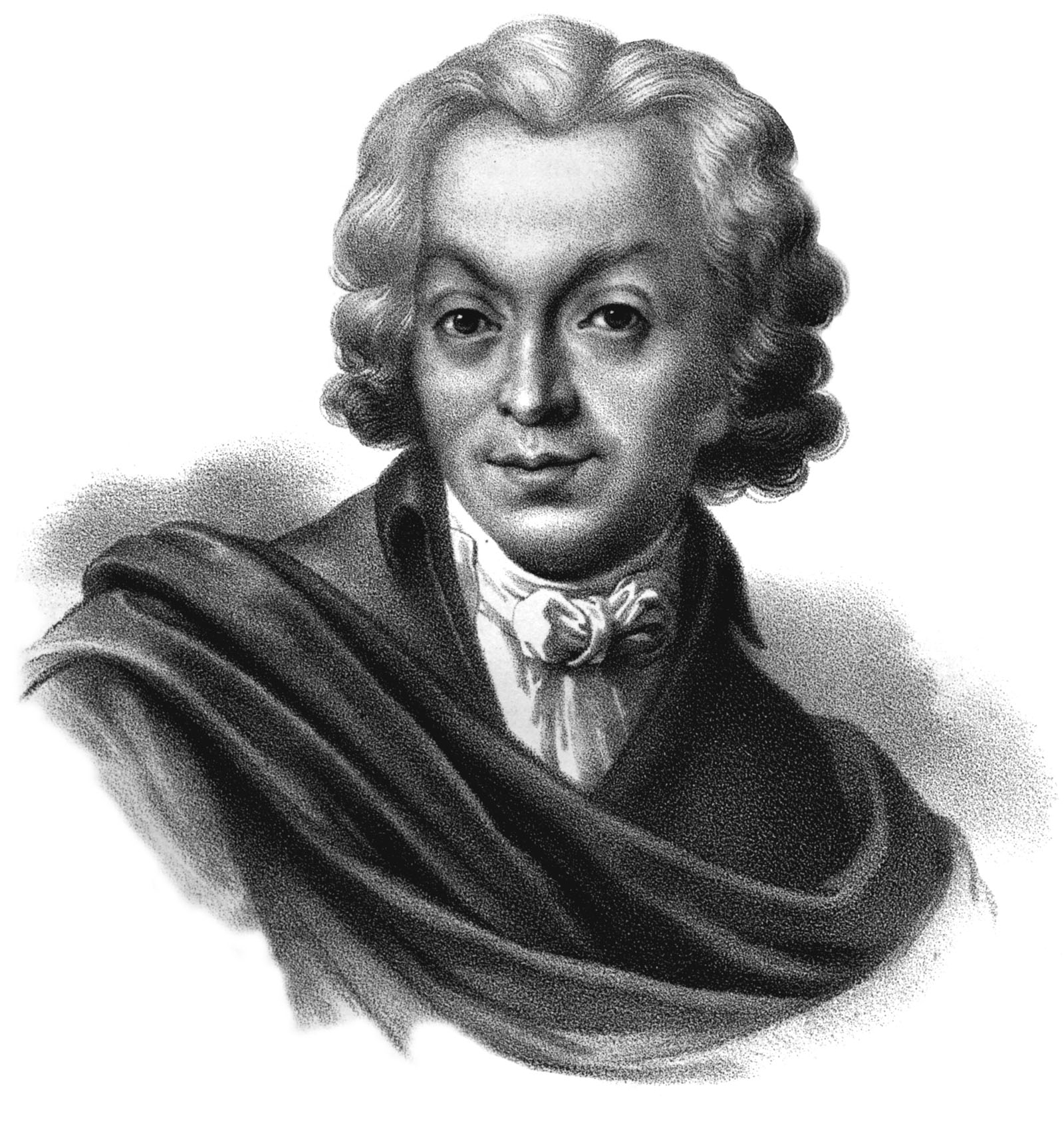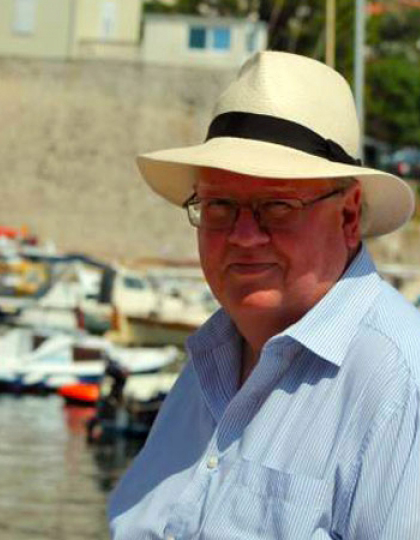
From the Publisher
25/02/2022 8.51am
Oldest posts ↓
Echoes of Vukovar
Back in 1997 I found myself in the ruined town of Vukovar, on the West bank of the Danube in Eastern Slavonia. The river formed the border between Croatia and Serbia, once joined as republics of federal Yugoslavia but then locked into the lingering aftermath of five years of war. Vukovar a quarter of a century ago provides a capsule of what the occupied areas of Ukraine will be like once the fighting stops.
I was sent there as part of a small Council of Europe mission to work out ways to bring the furious communities in the town back together. This was largely a war between two versions of a similar culture. The differences were cultural, not ethnic; therefore it needed cultural solutions as well as military ones. Both nations had been part of the Austro-Hungarian imperial provinces, only becoming defined as countries with borders after WWI. Croatia was largely Catholic and wrote in Latin script, feeling kinship with Germanic Mittel Europ. Serbia was largely Orthodox and used Cyrillic script, seeing its allies as Russia and (more marginally) France.
When the Serbian bombardment of Vukovar started in 1991, most of the Croat occupants fled West or were deported by the invaders, often to become slave labour, leaving just a few confused locals behind. The Serbian side encouraged settlers to cross the river and occupy the abandoned properties. It soon became clear that the promises of riches were a myth. The so-called Yugoslav Army had left barely 10% of the town’s buildings undamaged. Much of the place was a bombed-out wreck. By 1997 the UN Peacekeeping Forces (UNTAES) were in charge, maintaining an absence of war but no true peace. The inhabitants (most of whom had never been abroad or even to a capital city) were as stunned to be patrolled by soldiers from Jordan as they were by their hopeless living conditions.
By then there was still plenty of tension. Black-shirted gangs roamed the streets at night, armed with knives. There was not much work around, so in the daytime middle-aged men sat glowering in cafés, segregated by cultural allegiance. There were regular tit-for-tat bomb threats against each others’ churches, often real. UN and CoE teams were housed in the one multi-storey hotel on the edge of the river – which was fine if you did not mind bullet holes in your room walls and bed, or the plague of mosquitoes off the river. Our mission started in a cultural centre, but soon had to move back into the gated UN compound, surrounded by light-armoured tanks – hardly the best place to invoke normality.
To get to Vukovar meant boarding a UN military transport plane in Zagreb (‘Just walk up the back ramp and hang on to a strap’ – the seats were only for senior officers) and flying to Osijek, from where a UN minibus took over. Once in the protected zone, the grass in the fields was lush and waist high. Nothing had been mown for six years, thanks to landmines, and the grass was in constant motion – not because of the wind, but courtesy of the rabbits, which proliferated: unlike their predators, they were too light to set off the mines. Flocks of delighted sparrows and finches colonised the abandoned houses. The shattered town was alive with birdsong.
All the UN vehicles were painted white, with the initials stencilled on in huge black letters. The aircraft and their crews, though, were from contributing nations. Our flights were courtesy of the Ukrainian Air Force. In those days they still had Antonov transports to spare – and, with Ukraine’s post-Soviet economy in tatters, they were grateful for the Peacekeeping subsidies. It feels an absurd flip of history that a generation later the successors of those pilots are now ferrying soldiers and supplies to their own country’s battle zones. In the Danube region they then patrolled, the trauma is still not far from the surface and, though many of those who have fled have returned, it will be a long time yet before the tyrannies are forgotten.
Vladimir Putin’s determination to undermine the creation of a post-Warsaw Pact Europe began as soon as he was given the opportunity by the shambling Boris Yeltsin. The invasion of Ukraine was long in the making and only became his preferred option, at whatever cost, when he realised that the country had finally abandoned the corrupt Presidents who were prepared to be his puppet rulers. His hold on the emotions of large chunks of Serbian rural communities is still strong, though. The townspeople of now firmly Croatian and EU Vukovar know too well what their fellow Slavs along the banks of Dnieper are going through.
Tank Crew’s Lament
They said, ‘This, lads, is training exercise.’
How come it has lasted 25 and a half days,
all of our ammunition is live?
They told us, ‘You’re on a peace operation.’
How come, komandir, these guns, those grenades,
when we make ‘one and the same nation’?
They said, ‘You are here for denazification.’
So why do we target Babyn Yar,
Zaporizhzhia’s power station?
They told us, ‘In no time you’ll reach Kiev;
there’ll be flowers of welcome.’ Then explain
the human chains, road signs repainted ‘Fuck Off.’
They call us ‘heroes, good versus bad.’
Why these directives to fire on women
and kids, someone who could be my grandad?’
We’re told ‘Should you end up wounded or dead,
You (or your family) will get compensated.’
How, in the second case, ‘so as not to spread
panic back home, funerals are suspended
till further notice’? ‘Young conscripts,’ they said,
shall not be sent into action.’ They said…
They said…


09/03/2022 10.01am
The following two poems were written by Vasily Kapnist (1758–1823), who was born in Velikaya Obukhovka in the Kiev Governorate of the Russian Empire in 1758. The poems were first translated into English by Tamara Romanyk, then reworked into poetry by John Gallas and published in his collection 52 Euros in 2013.
Storm Coming
Dark thrown on the sun
like curdled smokeblack:
the bright sky palled
with a dim night’s winding-sheet.
Storm coming. Wailing wind.
The roused woods clamour.
The crackgust blows its swarms on the harvest
and a hum that threatens mounts faroff.
Quick, into the haycock,
and down with the golden sheaves.
Now, now the rainspout cuts through
into the valley’s jaws.
The wind has sown your corn with hail
across the fields and blackthorn groves,
and strewn away the land’s fair favours.
Is it too late to make and mend now
in its ill wind, when rain
sheets down from the loomed storm-sky
and pours in rivers over the fields?
Quick, take your children,
run, run to shelter and save yourself there.
Listen. Near now. The thunderclap.
Poor Folks’ Riches
The fat home-smiling men of this world,
struttant and glorious-vain,
have only Themselves in their General View.
But I will make do
with peace and with you,
happy in this quiet spot,
unblown with puff.
Let dealers raven the sea for gold,
let self-spouted princes
splosh waves of blood
for one yard of another’s land
But I will make do
without the blood-bought acre,
and richer than princes with you.
Our place is plain: but safe
and sacred-walled for us,
and all I ask is to be left in peace.
Here I will make do well with my life
and ask for no yard of another’s.
My only fear is to be left alone,
should you be taken away.
i TABLE
Potentate installed down one end,
scarce within earshot his advisors
at the other, it stretches
like a mini ice rink, thinking turned
lethally one way. Beyond lacerated
frontier to forge missiles
into ploughshares or with a pink tractor
haul an invading tank backward
across the wintery fields.
ii
Still short of their 21st birthday,
cruelly misinformed young men
once captured request to phone
home to their mothers…
iii
As with Abel’s blood
the ground round Babi Yar
now cries twice over
iv CNN, March 2022
Potentate this time up close
and palely smiling
between pre-picked hostesses
of the national airlines –
One more click
and beyond the border
by his orders
cluster-bombs, mortar-
fire, trip-wire, mines –
the valley of death
as video clip, we left
grotesque spectators.
Watching the news: faces filled with sorrow, not knowing where they’re going or where they’re sleeping tomorrow.
Tearful faces and children’s cries; no winners, just losers, with fear in their eyes.
The ultimate deterrent for the world to save, in the wrong hands could send us to an early grave.
Our only hope is for compromise, and allow the bully to spread more of his lies.
Opinions vary and lead to confusion, but cool heads are needed to find a solution.
United in defiance, the world holds its breath, reluctant to take measures that may result in more death.
How quickly the transition from peace to war, the reasons unclear – only he knows what for.
To create a divide between East and West, preaching the doctrine only he knows best.
On one side an actor devoted to his role, on the other a dictator, world domination his goal.
Searching for answers, looking for solutions, to find a lasting peace without retribution.
Meanwhile the world’s open arms, full of guilt to appease, struggle to agree where to resettle the refugees.
03/03/2022 11.33am
I will not ignore
The news of this, or any other war,
I will not plug my ears
To the sound of falling tears;
I will not look away.
I will make sure I see
The pain and horrors of the siege,
The gunshots, bombs and air raids,
The faces of those killed in the fray;
I will not look away.
I will not pretend
That I can help bring this to an end,
But when there is suffering of children,
And of men, and of women,
I will not look away.



03/03/2022 10.56am
The publishing world has started to react to the Ukraine crisis; for those interested, the Publishers Association has a helpful page here, including statements from the International Publishers Association and the Federation of European Publishers.
Sl’ozy
Sl’ozy,* slezy,** tears
Are one and all the same;
Examining their differences
Belies their causal pains,
For tears cannot be justified,
Whatever others may say;
No matter where you’re from
Their bitter taste’s the same.
And though many tears have fallen,
It’s still far from over yet;
Who will weep the longest
Is still anybody’s guess.
But when the time for tears is over
And peace once more returns,
The world and all its nations
A hard lesson each must learn;
For wherever tears are falling,
Do not blink, turn or look away;
Though today it’s not your turn cry
There still may come that day.
* ‘Sl’ozy’: tears (Ukrainian)
** ‘Slezy’: tears (Russian)
The passion and bravery of the people of Ukraine, fighting for their country and their right to remain.
The power and might of the Russian aggressor, the onslaught one sided, too horrific to measure.
Bewildered and confused how to redress the balance, the West’s only weapons are sanctions for reliance.
A dictator full of hate with a history of corruption, determined and stubborn, hell-bent on destruction.
Hated and feared, a pathological liar, a political outcast, a social pariah.
Attempts to quell the inevitable onslaught, with honour and bravery we’ll remember those who fought.
Raining bombs that light up the night, convoys of tanks and Russian might.
Futile resistance earns a temporary delay, with cluster bombs falling on innocents each day.
Resorting to desperate measures to achieve their aim, the outcome unfolds like a reality computer game.
With the ultimate deterrent poised on standby, no winners, just losers, no time to say goodbye.
End of Discussion
Listen to the song of the women, smooth as stroked feathers
Yet unable to calm the waters.
Overheard:
‘Every single Russian living here should be made to go back to Russia.
Straight away.
No excuses.’
‘That’s stupid.
Proper stupid.
Why should the innocent take responsibility?
I have been crying.
It’s war.’
‘We’ll just have to agree to disagree.’
‘No. No, I don’t agree to disagree, but end of discussion.’
Every single Russian living here should be made
To go back to Russia.
Straight away.
No excuses.
● Apricots taste bitter
● Taut sheets feel rough.
● Azaleas smell spoiled.
● Birds ‘bang, bang.’
● Our sky is shattered.
Matthew 24:7 For nation shall rise against nation, and kingdom against kingdom, and in various places there will be famines and earthquakes.
‘…there is no officially recognised disorder that causes one to assume human emotions in objects.’
So why does that T-64BV sniff them out?
Its nose in their family business?
Age-old, age-old
Age-old hollow cradle.















